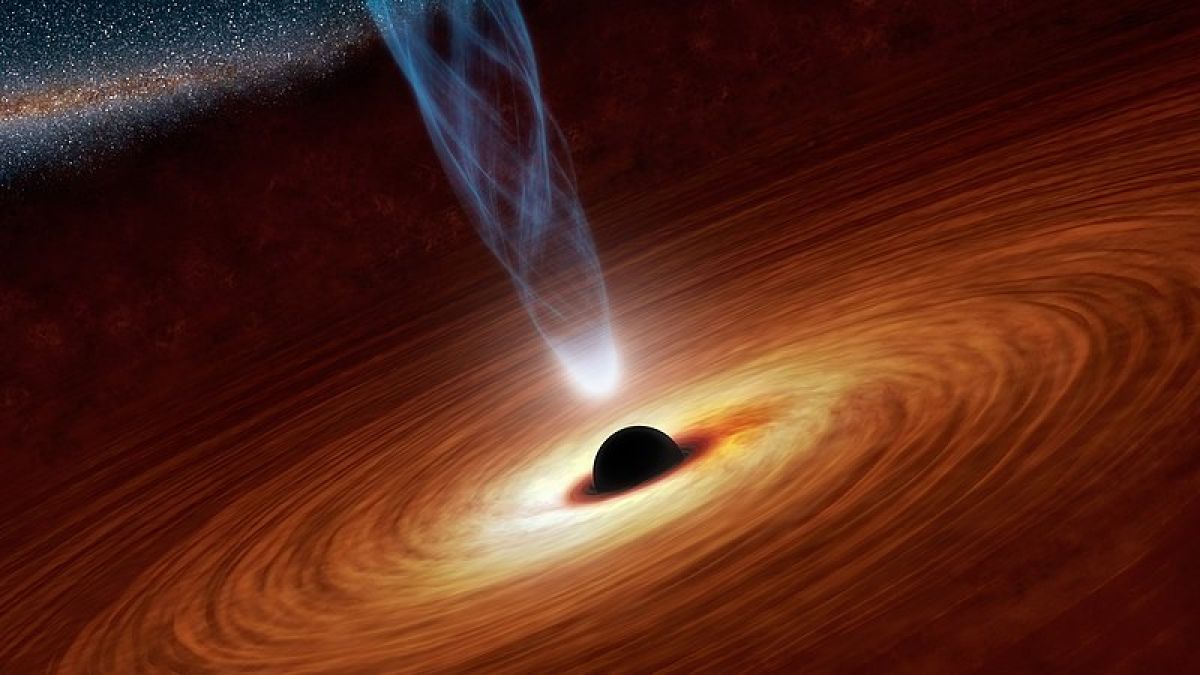Black hole ejection behaviour observed by Jodrell Bank telescope array
By lukeedwards

A study based at the Jodrell Bank Observatory, just outside of Manchester, has observed novel ejection behaviours of black holes that further our understanding of these obscure objects.
The findings were found jointly with the VLA and MeerKAT telescope arrays, based in the US and South Africa, respectively. The research team based at Oxford University tracked the ejected material over a period of months.
The observations allowed for a more in-depth understanding into how black holes leak energy into their surrounding environment. Co-lead of the project Rob Fender said: “We’ve been studying these kind of jets for over 20 years and never have we tracked them so beautifully over such a large distance.”
The ejections are moving so fast they appear to be moving faster than the speed of light. This is physically impossible, instead this apparent error is caused by a phenomenon known as apparent superluminal motion.
The outbursts observed were induced by a system, known as MAXI J1820+070, going into outburst in the summer of 2018. The extreme ejection distances from the black hole and the final angular separation is among the largest seen from such systems.
Dr Rob Beswick, Head of e-MERLIN Science Operations at Jodrell Bank stated: “This work shows the power of world-class instruments such as e-MERLIN, MeerKAT and the VLA working in tandem.
“e-MERLIN’s unique combination of resolution, sensitivity and rapid response made it the perfect instrument for this sort of study.”
Galactic black holes such as MAXI J1820+070 are believed to be miniature versions of supermassive black holes that are found at the centre of galaxies. The feedback from these objects is thought to be a vital component regulating the growth of galaxies.







